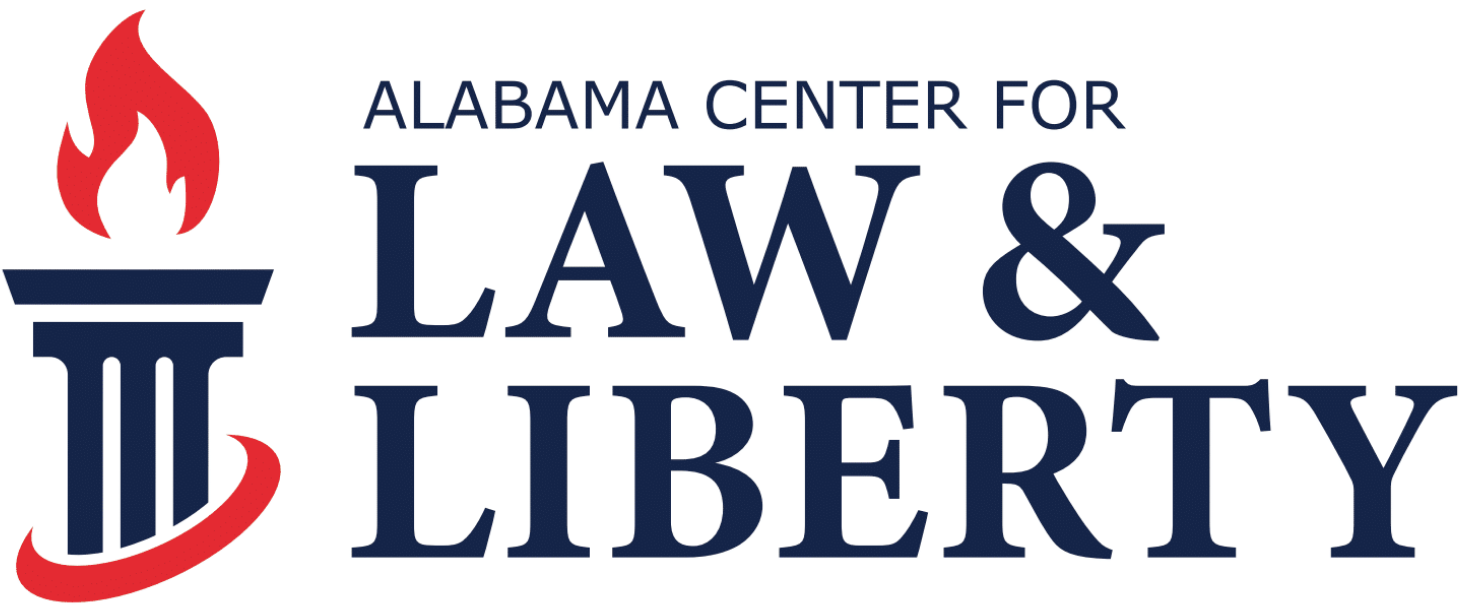
This morning, the Supreme Court decided a case that many on both sides of the aisle had been watching: Carson v. Makin. In this case, the Supreme Court ruled 6-3 (along ideological lines) that Maine violated the Free Exercise Clause when it excluded religious schools from its generally applicable program that funded private schools. Chief Justice Roberts wrote the majority opinion; none of the conservative justices filed any concurrences suggesting that there were any problems with it.
When the Court decided to take Carson, I decided not to file an amicus brief for the Alabama Center for Law and Liberty for two reasons: this case is pretty easy under the Court’s precedents, and I didn’t think it would make that big of a splash. You might think, “Giving religious schools access to public funding is a big deal,” and you’re right. But the Supreme Court already decided that last year in Espinoza v. Montana Department of Revenue. Chief Justice Roberts apparently agreed, arguing that under Espinoza, there was no way that Maine could exclude religious schools from its program.
So if that’s the case, then why did the Court even bother taking Carson? I think there are two reasons. First, the First Circuit (which sits over New England) decided the case before the Supreme Court took it. Believe it or not, thanks to Donald Trump’s appointments, the Ninth Circuit (in my opinion) is no longer the most liberal appellate court in the country. I think that title has fallen to the First Circuit. Thus, it’s no surprise that when the Court decided Espinoza, the First Circuit decided to buck it. (And it did it under the leadership of former Supreme Court Justice David Souter, who was an enemy of religious freedom.) That’s what the Ninth Circuit used to do with precedents it didn’t like, so I think the First Circuit is starting to follow suit. The Supreme Court wasn’t going to tolerate de facto defiance of its precedents, so I think it took this case to show the First Circuit who the boss was.
But second, I have to admit, Chief Justice Roberts used this case to move the ball down the field for religious liberty. The Court’s prior precedents like Espinoza and Trinity Lutheran Church held that the government could not discriminate based on an entity’s religious status, but they saved the issue of religious use for another day. The First Circuit picked up on that and claimed that Maine was not discriminating against religious schools because of their status but because they were using public funds for religious use. Rejecting that proposition, Chief Justice Roberts wrote, “the prohibition on status-based discrimination under the Free Exercise Clause is not a permission to engage in use-based discrimination.” (Slip op. at 17.)
Here’s why that matters. The biggest debate right now on the Free Exercise Clause is who wins when a neutral and generally applicable law clashes with religious exercise: religion or the government. Right now, the answer is the government. (Employment Division v. Smith.) It is well-settled that if the government specifically targets religion, then that law is unconstitutional; but if the government issues a law that applies to everyone, then generally speaking, religion has to comply too. So in other words, the government can’t target religion based on its status; but when religious exercise crosses the line into use outside the walls of a church, then if government has a problem with those religious actions, then the government wins.
But today’s decision can be used to erode that distinction. Religious-liberty advocates have been calling for Smithto be overruled, and we have at least three justices who are willing to do it. The question is whether the Court’s more moderate conservatives will assent. But when they consider whether to overrule a precedent or not, they ask whether further decisions have eroded the foundation that the old precedent rested on. By eradicating the status-use distinction in public-benefit programs, I think that today’s decision helped erode Smith’s foundation as well.
So yes, Carson was a good decision, but I think the biggest victory was helping erode Smith’s foundation. I didn’t get excited about this case when the Court took it because it appeared to be just another case involving government handouts. For serious free-exercise advocates though, we don’t want government benefits as much as we want to be left alone. We’re much more interested in the cases where the Christian cakebaker wants the freedom to turn down requests for same-sex weddings than we are about government welfare programs. We don’t necessarily want Pharoah to let us be “educated in all the learning of the Egyptians” (Acts 7:22). Instead, what we really want is to tell him, “Thus says the LORD: let my people go, that they may serve Me.” (Exodus 8:1.)
The good news though is that today’s decision, I think, will get us one step closer towards getting the government off our backs when our religious values and the law clash.
